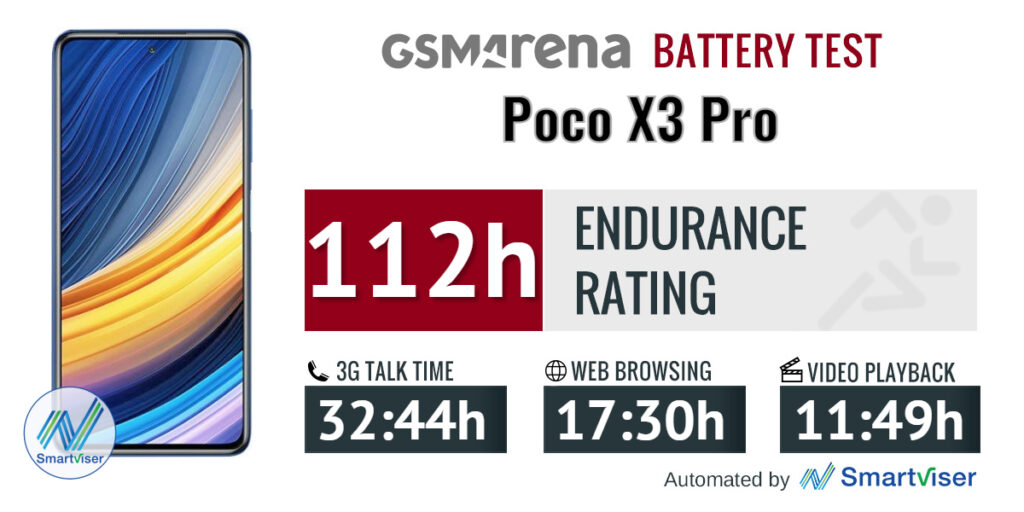The Latest On-Page SEO Practices
On-page SEO should always be an essential part and focus of any company’s SEO strategy, however, what most people do not understand is that having a well-optimized website is not enough to get you ranking well on your targeted keywords. If you’re looking for a web design firm to get you the SEO services you deserve, contact us.

However, here’s the hard truth—If it were that easy, then Google would have a hard time deciding who to place on the first page because everyone would be optimizing their web pages for any given keyword. That is why search engines rely heavily on the quality and number of backlinks, which may account for almost 60% of your rankings, maybe even more.
Don’t get it wrong, too. Because on-page SEO is still critical! It’s very much needed to not only give you that extra edge over your competition alongside your backlinking efforts but also to reduce your bounce rates and provide an overall better user experience.
1. Place Your Primary Keyword At The Beginning Of Your Title Tag
Google places more weight on the first words in your title tag (which is likely because this is what users see first). Try to be smart with your use of words and include the important ones first especially when it makes more sense.
2. Link Out To Authoritative Sites
This step is critical: Many SEO’s think that the link juice will flow out to external sites, and they will lose page rank because of it. Moreover, some SEO’s just don’t want to lose users to external sites. However, the opposite of both these occasions is true.
Linking out to relevant authoritative sites will build more trust with Google and increase the chances of your sites being found in the search results. Google wants to send their users to pages full of helpful information that include outbound links to sites relevant to your keyword. If your page is a “dead-end”, then you’re sending bad signals to Google.
3. Make Your URLs Friendly (Simple)
Search engines prefer simple, straightforward URLs. Search engines do not prefer complicated addresses because it is not a URL best practice.
It’s best just to use your target keyword phrase or your page title. Strip away any extra data such as the date or category name.
Having numbers in the URL does not benefit your SEO in any way, unless, of course, the number is part of your keyword or topic.
4. Add Keyword Modifiers To Your Title Tag
Modifiers are simple words, phrases, or clauses that provide a better description of your topics, or in this case, your keyword phrases. So for example, adding words like “best”, “review”, “top”, “in 2020”, and so on, within your title tag will increase your traffic from long-tail keywords.
5. Your Content Should Be At The Appropriate Length
A lot of so-called “SEO experts” today will tell you that users will not read everything and will turn away if the content is too long, but results don’t lie.
Google has already said that pages with longer documents are more preferable because it paints a detailed image of what the content is about. Consider the fact that the average content length ranked in the top 10 results of Google is around 2000 words.








